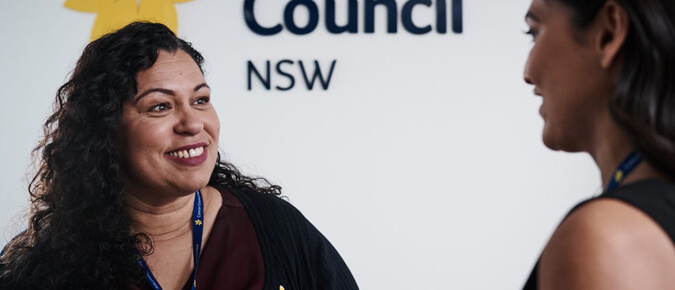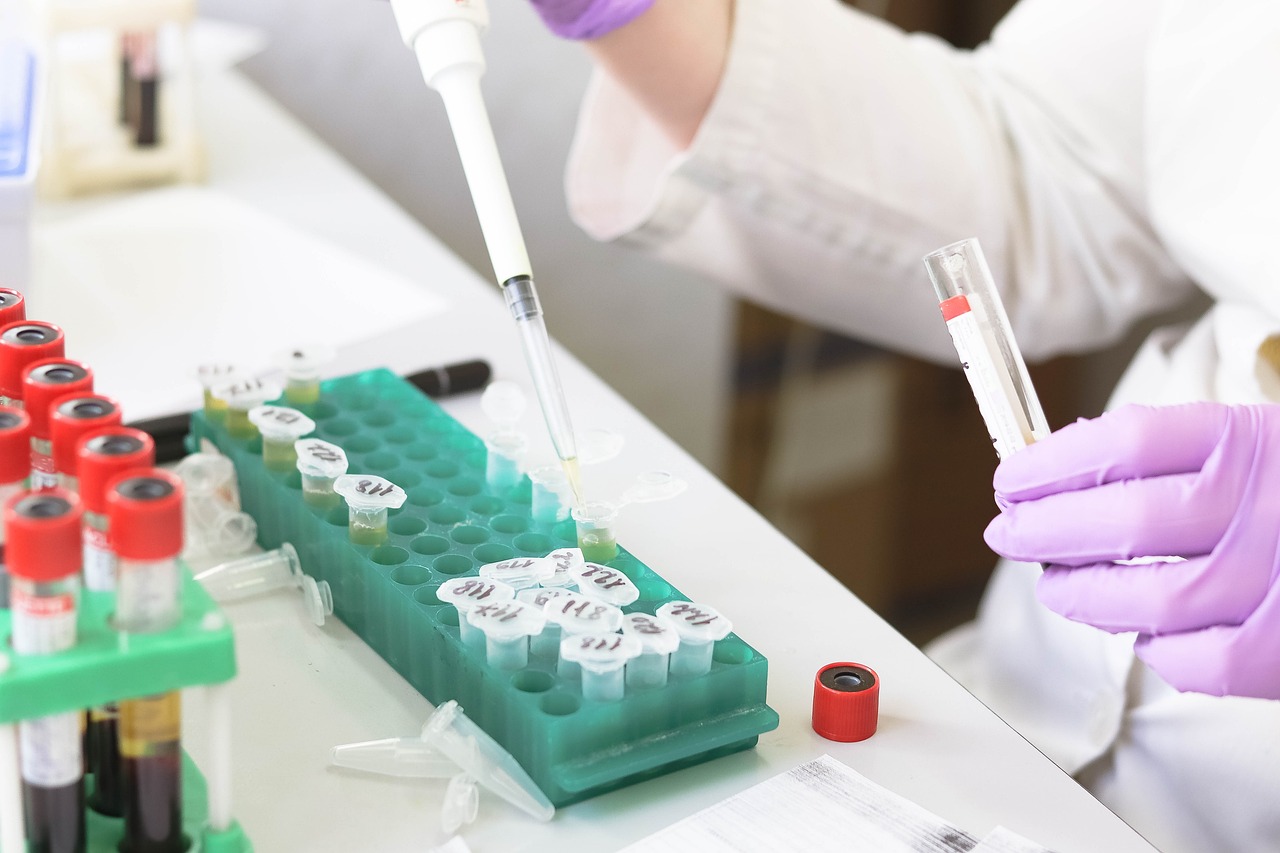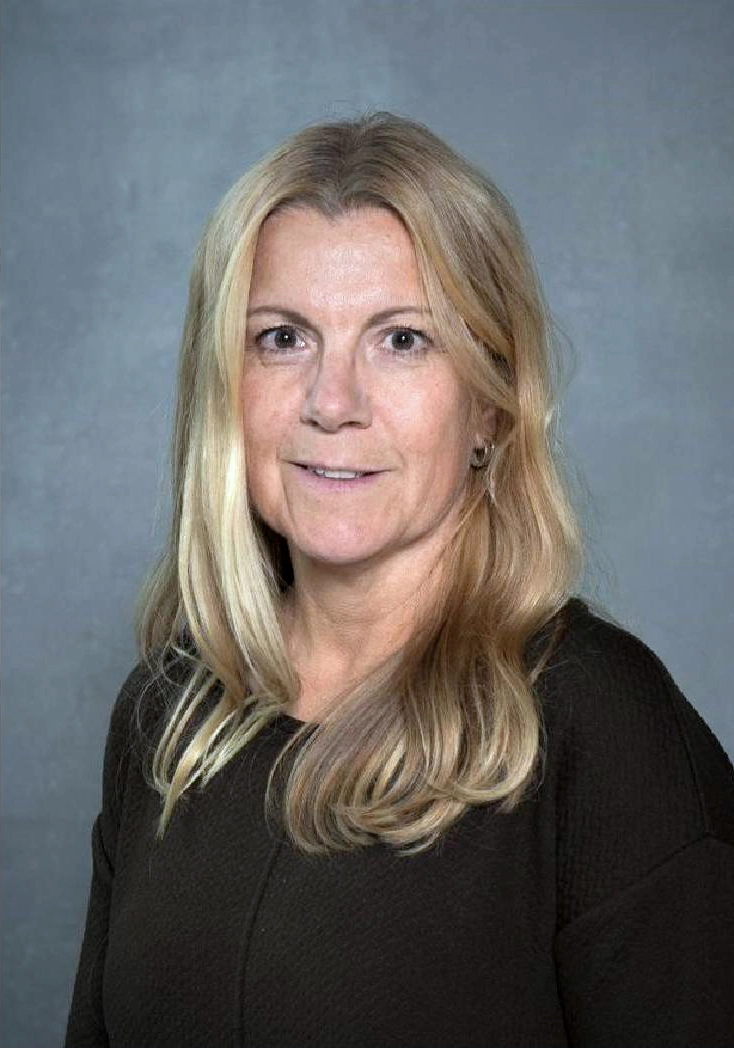
New research led by the Daffodil Centre, a partnership between Cancer Council NSW and the University of Sydney, shows screening Aboriginal and Torres Strait Islander peoples for bowel cancer from the age of 45 instead of 50 could reduce bowel cancer death and incidence rates by up to 44% and be cost-effective.
The research, published internationally in the Journal of Cancer Policy and conducted by a team from the Daffodil Centre and Wellbeing SA, is the first Australian study to establish the benefits of extending the age range and boosting participation of Australia’s National Bowel Cancer Screening Program.
Lead author Dr Jie-Bin Lew, from the Daffodil Centre’s Gastrointestinal Cancer Policy and Evaluation stream, said the study modelled and compared maintaining the current program age range of 50-74 to lowering the starting age to either 40 or 45.
“The benefits in lives saved and cancers prevented were higher if the starting age in Aboriginal and Torres Strait Islander peoples was lowered to 45 and could also be cost-effective,” Dr Lew said.
“In our analysis, screening Aboriginal and Torres Strait Islander peoples from age 45 would reduce bowel cancer mortality rates in Aboriginal and Torres Strait Islander peoples by 28%, compared to no screening if the current participation rate of 23% is maintained. If participation increased to 42%, bowel cancer mortality could drop by 44% compared to no screening.
“That’s a significant benefit, particularly in a population which experiences poorer cancer outcomes, especially in bowel cancer.
“To be effective, an extension to the screening age range would need to be built into the program in ways that are co-designed and community led. We hope our findings can be factored into ways to reduce the bowel cancer burden in Aboriginal and Torres Strait Islander people. Support to increase participation in the National Bowel Cancer Screening Program can also contribute to improving outcomes.
Dr Karla Canuto, study co-author and a Torres Strait Islander woman, said the research should prompt an informed discussion in government and among Aboriginal and Torres Strait Islander health stakeholders about options for lowering the screening age.
“Bowel cancer survival is significantly worse in Aboriginal and Torres Strait Islander peoples, due largely to higher prevalence of risk factors, poorer health status, poorer access to screening and follow-up services and lower screening participation rates.
“A comprehensive approach is required to reduce disparity in bowel cancer outcomes. Our study shows there are potential benefits in lowering the screening age. Ensuring those benefits are delivered will require not only a change to Aboriginal and Torres Strait Islander peoples’ screening eligibility but will also rely on community involvement in promoting any changes and designing a screening and assessment pathway to improve targeting of the program,” Dr Canuto said.
The research is published in time for National Close the Gap Day on 17 March, which brings awareness to the action needed to achieve health equality for Aboriginal and Torres Strait Islander peoples.
“‘If you are an Aboriginal or Torres Strait Islander person aged 50 to 74, do the free test when it’s sent to you in the mail. It could save your life. We need to lift participation by Aboriginal and Torres Strait Island peoples as the rates are currently well below the national average,” Dr Canuto concluded.
For questions about the National Bowel Cancer Screening Program, please call Cancer Council’s Information and Support line on 13 11 20 or visit the Bowel Cancer section.






